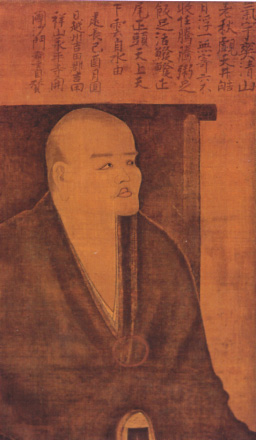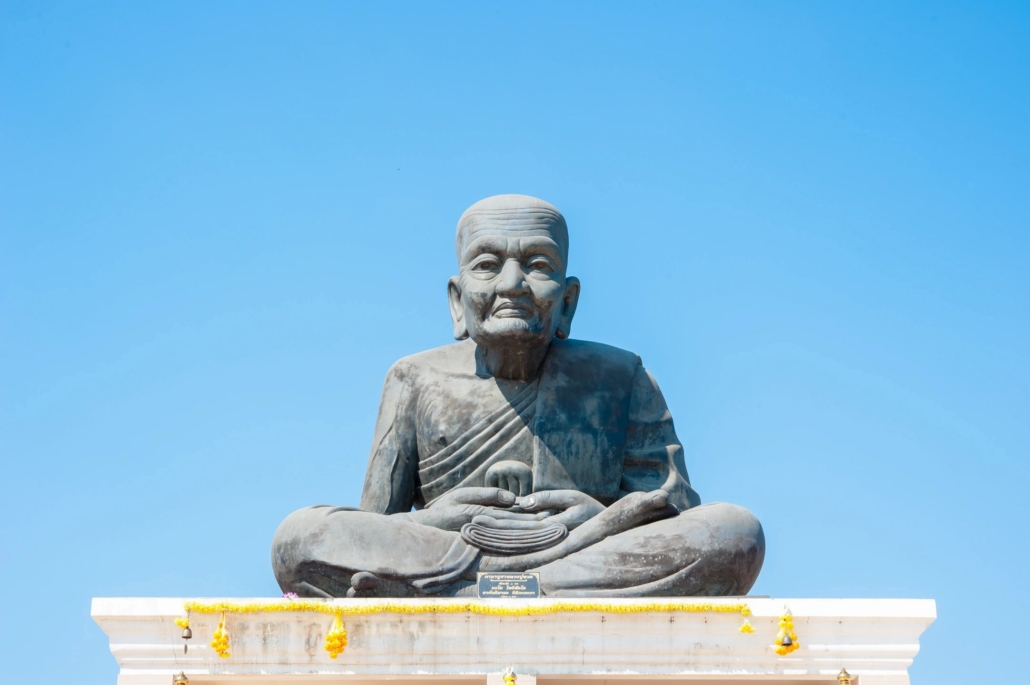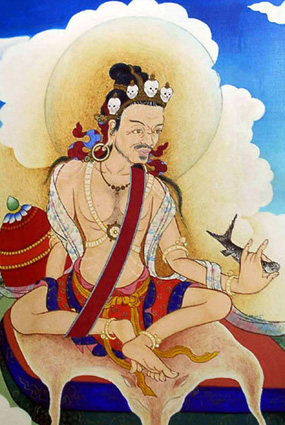Buzzing Bee’s Breath (Brahmari Pranayama)
A practical tool from the Yogic tradition was shared as an aid to alleviate anxiety and stress. Sometimes, aids to sitting meditation can be very helpful to calm the mind. this is one such tool.
Brahmari in Sanskrit translates to bumble bee. In this prānāyāma, we are mimicking the sound of a bee buzzing, by closing off all of our senses and creating a humming sound. The “Bee’s Breath” soothes the nerves and calms the mind. During this practice, the breath makes a steady, low pitched ‘hum’ sound at the back of the throat on the exhale (like the humming of a bee). The bee goes to the flower and creates a humming 4 sound around the flower, and the flower opens its heart allowing the bee to get the pollen. There’s a beautiful romance going on between the flower and honeybee. Likewise, in the subtle body of humans per the yogic sciences, there is a beautiful lotus behind the breastbone. Through bhrāmarī prānāyāma the lotus blooms more and secretes divine nectar. Hum is the bīja-root sound of the ether element. Therefore, bhrāmarī breath unfolds the ether element in all bodily channels. It removes the occlusion of the channels so energy and prāna can flow freely.
Benefits:
- Calms and soothes the mind and nervous system
- Helps with throat and thyroid ailments
- Relieves stress and anger
- Reduces blood pressure
- Induces good sleep
- Improves the function of the thyroid, parathyroid, and thymus gland to support immune function
- Stimulates the pineal and pituitary glands
- Stimulates secretion of tryptophan, serotonin, melatonin, acetylcholine, and dopamine
- Harmonizes the sympathetic and parasympathetic nervous systems
- Mind is dissolved into pure consciousness.






